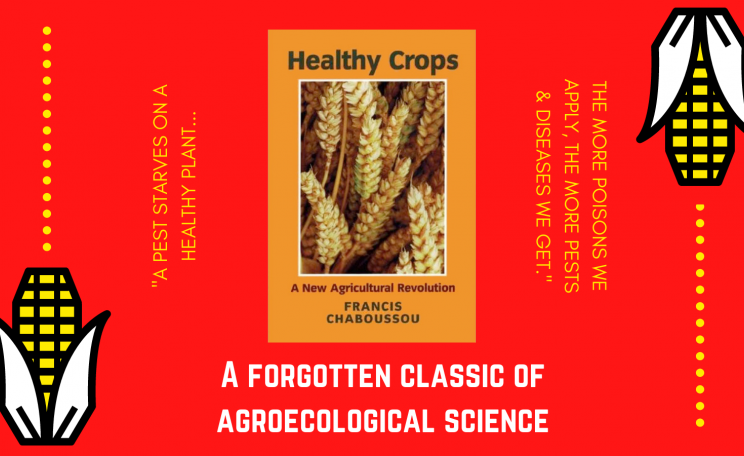We know that US negotiators have our pesticide standards firmly in their sights.
Campaigners have warned that standards curbing the use of pesticides in food production could be undermined by trade deals with countries such as the US.
As a former member of the EU, the UK has some of the most stringent pesticide regulations in the world, and many agricultural products from other parts of the world which use the chemicals more freely cannot be sold here.
Take The Ecologist's 2020 Readers' Survey.
But in the wake of Brexit, trade deals with countries such as the US, Australia and India could drive down UK standards, a report from Pesticide Action Network, Sustain and Dr Emily Lydgate from the University of Sussex warned.
Farms
Consumers could be exposed to imported food grown with more chemicals, while trade negotiators are pushing the UK Government to allow currently banned pesticides to be used in farms and gardens here, the campaigners claim.
Pesticides including neonicotinoids, which are linked with declines in bees, are banned in the UK but allowed in countries such as the US.
YouGov polling of 1,654 people found almost three quarters (71%) thought it was important the UK Government resists pressure in trade negotiations with the US to overturn bans on pesticides, "even if this means the best trade deal cannot be reached".
A wide coalition of organisations from the National Farmers' Union to conservation groups have warned the Government not to lower the UK's animal welfare and environmental standards after Brexit.
They have also warned against allowing imports of food that would be illegal to produce here, amid concerns farmers and standards could be undermined by products such as chlorine washed chicken and hormone fed beef.
Markets
Josie Cohen, head of policy and campaigns at Pesticide Action Network, said: "Much attention has been paid to the dangers of 'chlorinated chicken', but the UK public is equally concerned about weakening pesticide protections.
"We know that US negotiators have our pesticide standards firmly in their sights, and with the talks happening behind closed doors the public has no way of knowing if health and environmental protections are being traded away."
Vicki Hird, farm campaign co-ordinator at Sustain, said: "In an already uncertain economic climate, the lowering of pesticide standards could be catastrophic for UK farming as well as the environment.
"If UK farmers are forced into using pesticides in order to compete with a flood of cheap food imports then their exports will no longer meet EU standards and they'll lose one of their key markets."
Chicken
Responding to the report, Sue Davies, head of consumer protection and food policy at consumer group Which?, said: "We know British consumers value the UK's high food standards and believe they should be maintained as the Government negotiates post-Brexit trade deals.
"It is important that these standards, which prohibit chemically-washed chicken, hormone-treated beef and the excessive use of pesticides in the UK, are not diluted in pursuit of trade deals."
She said the Government must deliver on its promises on this issue by legislating in the Agriculture or Trade Bill to protect standards so they are not undermined by trade deals.
A Government spokesman said: "We have been clear we will not compromise on our high food and environmental standards and we will only permit the and use of pesticides where robust scientific assessment shows they will not cause any harm to people or the environment."
This Author
Emily Beament is the PA environment correspondent.







